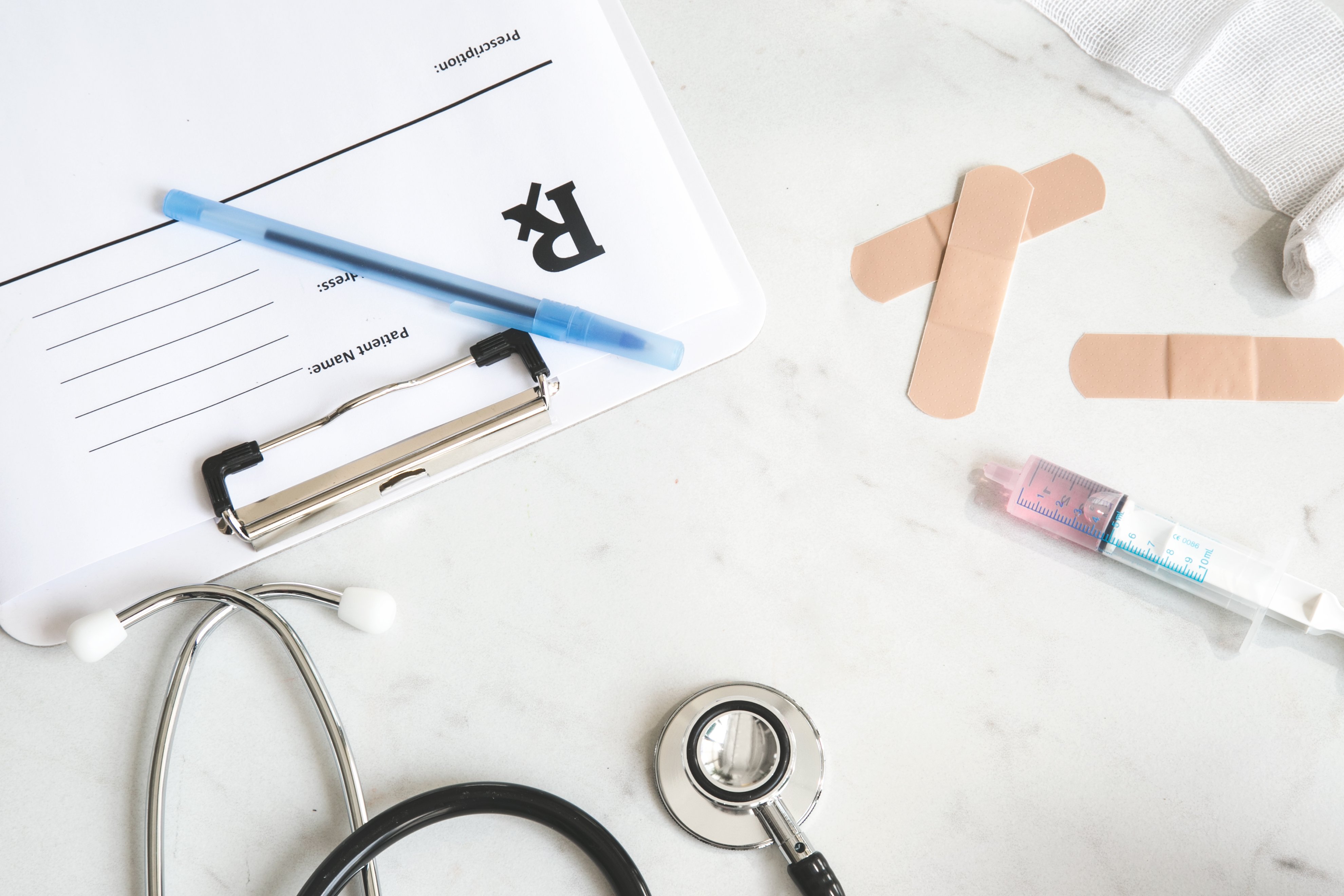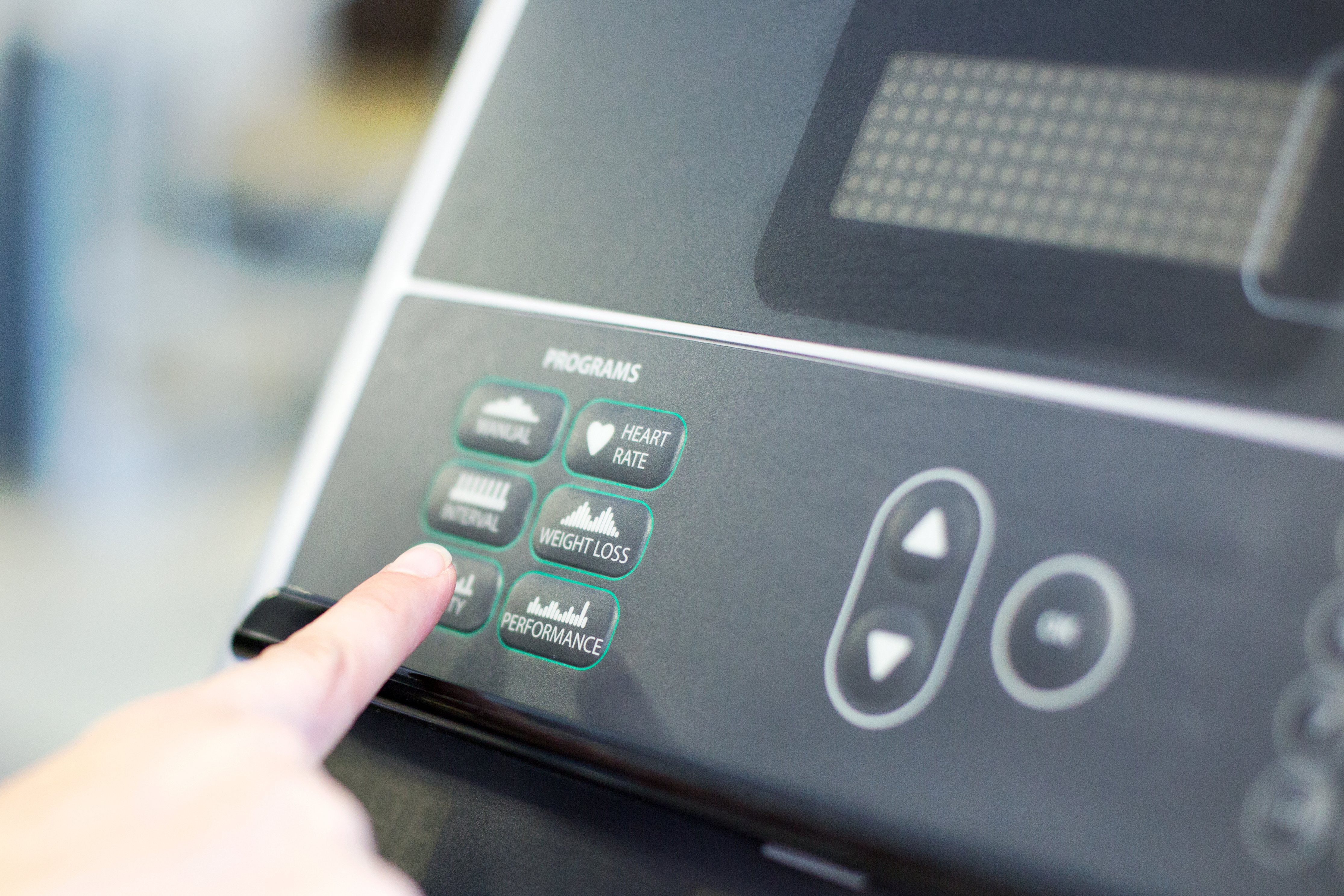Our Services
Lung disease can take many forms and affect people young and old. Our pulmonologists specialize in conditions of the lungs and provide diagnosis and treatment. Since every patient’s situation is different, we’re here to give you individualized care when it comes to your particular pulmonary-related problem.

Pulmonary Rehabilitation
Pulmonary rehabilitation, also known as respiratory rehabilitation, is an important part of the management and health maintenance of people with chronic respiratory disease who remain symptomatic or continue to have decreased function despite standard medical treatment. It is a broad therapeutic concept. It is defined by the American Thoracic Society and the European Respiratory Society as an evidence-based, multidisciplinary, and comprehensive intervention for patients with chronic respiratory diseases who are symptomatic and often have decreased daily life activities. In general, pulmonary rehabilitation refers to a series of services that are administered to patients of respiratory disease and their families, typically to attempt to improve the quality of life for the patient. Pulmonary rehabilitation may be carried out in a variety of settings, depending on the patient’s needs, and may or may not include pharmacologic intervention.Pulmonary Function Test
Pulmonary Function Testing (PFT) is a complete evaluation of the respiratory system including patient history, physical examinations, chest x-ray examinations, arterial blood gas analysis, and tests of pulmonary function. The primary purpose of pulmonary function testing is to identify the severity of pulmonary impairment.

High Altitude Simulation Test
High Altitude Simulation Test (HAST) is a test that can determine the need for supplemental oxygen in patients who are going to be traveling by air or at higher altitude. If you have a chronic lung disease (COPD, emphysema, chronic bronchitis, severe asthma), and you are considering a trip by airplane, or a trip to a higher elevation, you may need this test. If you are already on supplemental oxygen, you may still need testing. This is simply the safest and most accurate way to determine if you will need oxygen at higher altitudes, and exactly what level of oxygen keeps your oxygen saturation in the safe range.Polysomnography
Polysomnography, also called a sleep study, is a test used to diagnose sleep disorders. Polysomnography monitors your sleep stages and cycles to identify if or when your sleep patterns are disrupted and why. Polysomnography records your brain waves, the oxygen level in your blood, heart rate and breathing, as well as eye and leg movements during the study.
